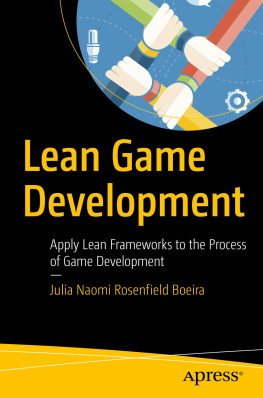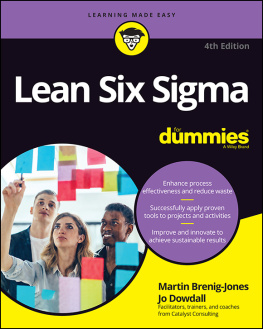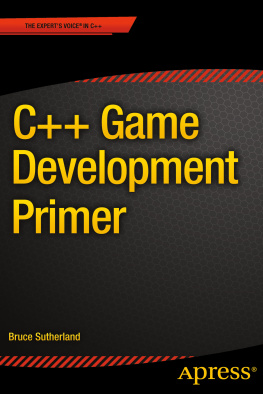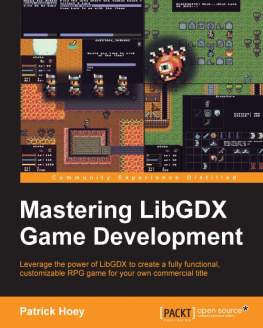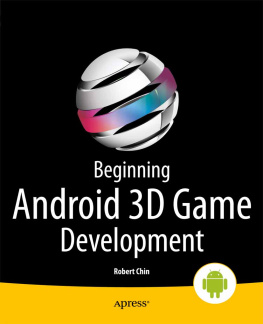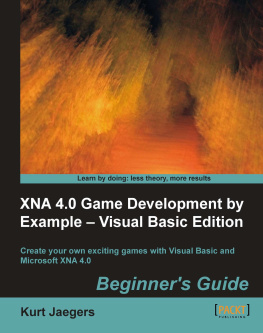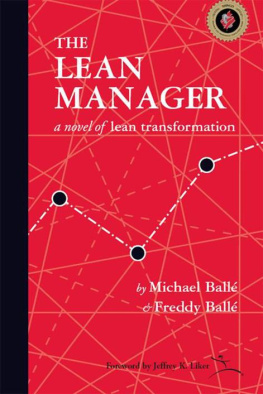Rosenfield Boeira - Lean game development: apply lean frameworks to the process of game development
Here you can read online Rosenfield Boeira - Lean game development: apply lean frameworks to the process of game development full text of the book (entire story) in english for free. Download pdf and epub, get meaning, cover and reviews about this ebook. City: Berkeley;CA, year: 2017, publisher: Apress, genre: Romance novel. Description of the work, (preface) as well as reviews are available. Best literature library LitArk.com created for fans of good reading and offers a wide selection of genres:
Romance novel
Science fiction
Adventure
Detective
Science
History
Home and family
Prose
Art
Politics
Computer
Non-fiction
Religion
Business
Children
Humor
Choose a favorite category and find really read worthwhile books. Enjoy immersion in the world of imagination, feel the emotions of the characters or learn something new for yourself, make an fascinating discovery.
- Book:Lean game development: apply lean frameworks to the process of game development
- Author:
- Publisher:Apress
- Genre:
- Year:2017
- City:Berkeley;CA
- Rating:4 / 5
- Favourites:Add to favourites
- Your mark:
- 80
- 1
- 2
- 3
- 4
- 5
Lean game development: apply lean frameworks to the process of game development: summary, description and annotation
We offer to read an annotation, description, summary or preface (depends on what the author of the book "Lean game development: apply lean frameworks to the process of game development" wrote himself). If you haven't found the necessary information about the book — write in the comments, we will try to find it.
Rosenfield Boeira: author's other books
Who wrote Lean game development: apply lean frameworks to the process of game development? Find out the surname, the name of the author of the book and a list of all author's works by series.
Lean game development: apply lean frameworks to the process of game development — read online for free the complete book (whole text) full work
Below is the text of the book, divided by pages. System saving the place of the last page read, allows you to conveniently read the book "Lean game development: apply lean frameworks to the process of game development" online for free, without having to search again every time where you left off. Put a bookmark, and you can go to the page where you finished reading at any time.
Font size:
Interval:
Bookmark:
- Individuals and interactions over processes and tools
- Games running over comprehensive documentation
- Audience collaboration over sales
- Spontaneous development over following a strict plan
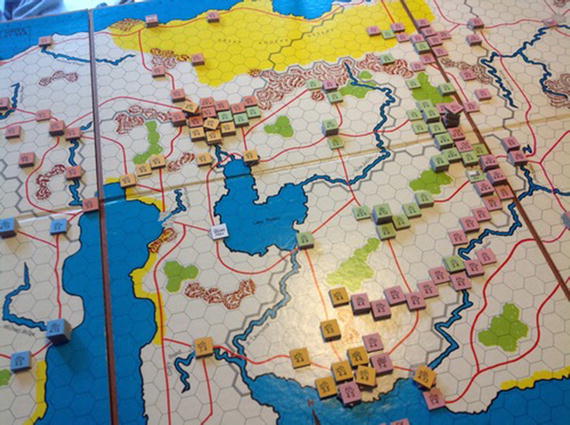
- Zero-sum : These are games in which each user plays on an opposite side, and if one side wins, the other loses. Examples include checkers and tic-tac-toe.
- Non-zero-sum : These are games with multiple winners and multiple losers. Examples include poker and hide-and-seek.
- Positional : These are games where the overall state of the game can be determined by looking at the board. Examples include chess and tic-tac-toe.
- Competitive : All the previously mentioned games are competitive, in which theres a clear notion of winning and losing.
- Cooperative : In these games, people play together to win, or until they find it necessary.
- Finite : These are games that have an end.
- Infinite : These are games where the primarily intention is to keep playing. In other words, the goal is to remain in the game.
Font size:
Interval:
Bookmark:
Similar books «Lean game development: apply lean frameworks to the process of game development»
Look at similar books to Lean game development: apply lean frameworks to the process of game development. We have selected literature similar in name and meaning in the hope of providing readers with more options to find new, interesting, not yet read works.
Discussion, reviews of the book Lean game development: apply lean frameworks to the process of game development and just readers' own opinions. Leave your comments, write what you think about the work, its meaning or the main characters. Specify what exactly you liked and what you didn't like, and why you think so.

